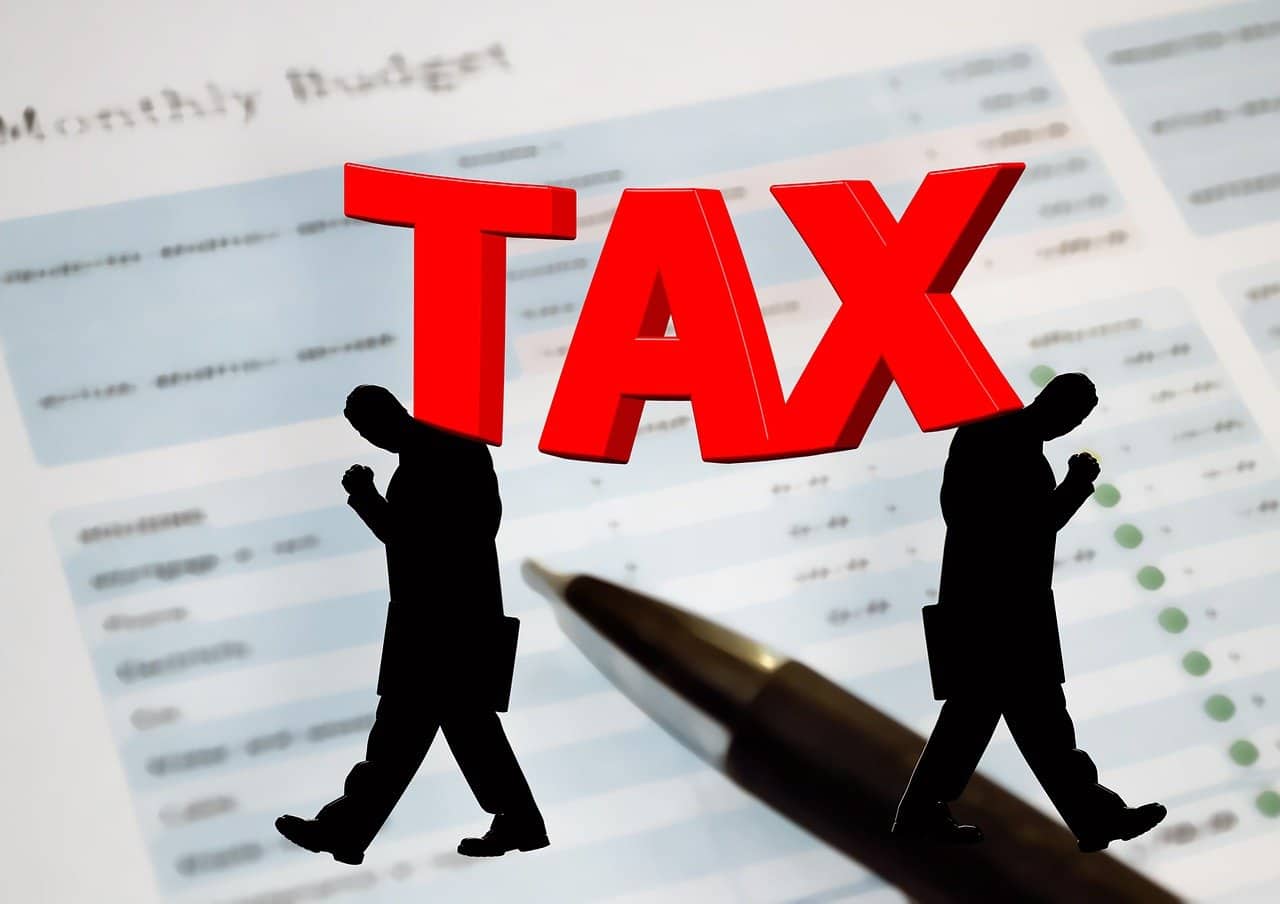The roll out of the Affordable Care Act, popularly known as Obamacare, has been shaky at best. Thankfully, there is good news for U.S. citizens living overseas. With certain caveats, Obamacare will not apply to U.S. citizens residing outside of the United States.
The most controversial provision of Obamacare is the so-called “individual mandate.” This is the part of the law that forces all U.S. citizens who can afford it to carry health insurance. Several states sued to have this portion of the law declared unconstitutional, but the Supreme Court ultimately and surprisingly upheld the law.
There has been a lot of misinformation about how this all applies to the expatriate. For many U.S. citizens living overseas, the individual mandate will not pose any significant issues, as the law carved out an exception for them.
The law allows certain “qualified individuals” to avoid penalties for failing to carry insurance. Technically, the law does not exempt these individuals from the mandate, it simply deems that the mandate is fulfilled by living overseas. It is assumed that any qualified individual has qualifying insurance. The effect of this is that those who qualify do not need to worry about Obamacare’s individual mandate and tax penalty. This exception is found in the United States Code at 26 U.S.C. 5000A (f)(4)(A).
This code section refers to another code section (26 U.S.C. 911 (d)(1)) for the definition of a qualified individual. Some readers might know about the foreign earned income exclusion, the tax code provision that allows a U.S. citizen living and working overseas to exclude up to $97,600.00 from U.S. income tax.
The Obamacare exemption uses the same tests as the foreign earned income exclusion. These are known as the physical presence test or the bona fide residence test. Someone who passes either of these tests cannot only exclude their income from U.S. taxes, they can also bypass the Obamacare mandate.
The physical presence test is easy to apply. If someone is in a foreign country for 330 days out of any 12-month period, that person has passed the physical presence test. Many people travel back and forth to the United States to visit family, to check up on business investments, and a variety of other reasons, and may spend more than 35 days in the U.S., thereby failing the physical presence test. For people who spend enough time in the U.S. to fail the physical presence test, but still spend most of their time abroad, there is the bona fide residence test. This is slightly harder to apply.
To satisfy the bona fide residence test, the taxpayer must be present in a foreign country for an uninterrupted period that contains a full calendar year, not including temporary absences. The taxpayer must intend to remain in the foreign country.
Various facts and circumstances may be reviewed to prove this intent, such as signing a lease, living with family, or paying income taxes to the foreign country. While the president is sweating about getting the health care website up and running, U.S. citizens living abroad can breathe easy because of the exemption for them in the law.
Ross Lustman is an attorney and enrolled tax agent with U.S. Tax and Accounting, S.A. He can be reached at ross@ustaxinternational.com.






